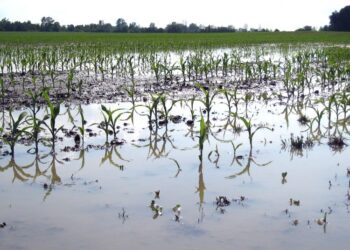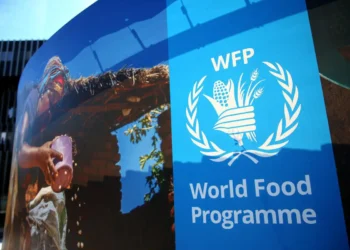The United Nations (UN) through the Commission on the Limits of the Continental Shelf (CLCS) has extended Nigeria’s seaward continental boundaries by 20 Nautical miles from 200 to 220 Nautical miles
This was disclosed in a post on X by the Nigerian Maritime Administration and Safety Agency (NIMASA) and signed by its Assistant Director of Public Relations.
According to the post, the increase in Nigeria’s seaward boundaries follows a submission by the country to the U.N Commission on the Limits of the Continental Shelf (CLCS) and subsequent approval by the Chairman of the Commission Adnan Rashid Nasser Al-Azri.
What the extension means
The extension of the nation’s maritime borders means that,
- Nigeria is allowed to now redraw the territorial map of its sovereignty in the Gulf of Guinea, thereby granting the right to exploit the abundant carbon and marine resources believed to be present in the area.
Speaking on the development, the Director-General of NIMASA, Dr. Bashir Jamoh OFR lauded the decision by the United Nations and noted that the extension of the nation’s maritime border will bring more economic benefits.
He said,
- “To the best of my knowledge, this is the first time the United Nations has ever approved additional maritime territory for Nigeria. We welcome this development, as it would boost our economic fortunes considerably.”
The statement further noted that the continental shelf of nation consists of the seabed and subsoil of the sub marine areas that extends beyond its territorial sea.
What you should know
- The administration of President Tinubu seeks to exploit the potentials in the marine economy. This necessitated the creation of the Ministry of Marine and Blue Economy- a new Federal Ministry.
- In October, the Comptroller General of the Nigeria Immigration Service, Caroline Wura-ola Adepoju stated that the Marine and Blue Economy stated that with effective utilization, sector can generate around 5 trillion to the country. Also, the Director-General of NIMASA also stated the sector ca generate around 350 million jobs.
- According to the UN. Blue economy refers to the sustainable use of ocean resources for economic growth while preserving the health of ocean systems.
















.gif)






